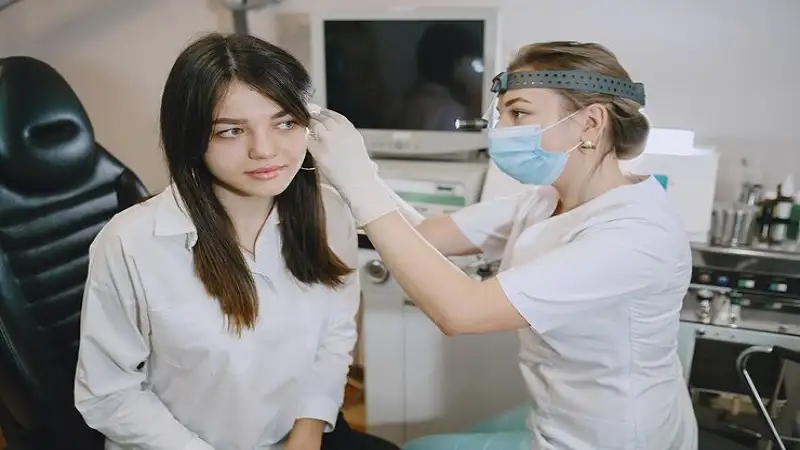Maintaining your ear health is crucial for preserving your hearing over the long term. This guide offers straightforward tips on daily ear care and highlights the importance of routine hearing checks to help you avoid common hearing problems and ensure your ears remain in good condition.
Daily Ear Care
Keep Your Ears Clean and Dry
To prevent ear infections and wax buildup, it’s essential to keep your ears clean and dry. Use a damp towel gently to clean around the outer ear without inserting it into the ear canal. After activities like swimming or showering, make sure to dry your ears thoroughly with a soft towel or a low-heat hairdryer. For individuals facing hearing issues, consulting with specialists for hearing aids Melbourne can provide tailored advice and solutions to enhance hearing.
Protect Your Ears from Loud Noise
Exposure to loud noises can lead to permanent hearing loss. Protect your ears by using earplugs or noise-canceling headphones in noisy environments, such as concerts, factories, or when using loud machinery. When using personal audio devices, adhere to the 60/60 rule: listen at no more than 60% of maximum volume for no longer than 60 minutes at a time.
Importance of Routine Hearing Checks
Routine hearing checks are vital for detecting any changes in hearing ability early. Adults should get their hearing tested every two to three years, while those over the age of 50 or who are regularly exposed to loud noises should consider annual tests.
What Happens During a Hearing Test?
During a hearing test, a healthcare professional will use various tools to assess your hearing. Tests often include tone and speech assessments to determine how well you can hear different sounds and frequencies, which can identify the specific nature and extent of any hearing loss.
Managing Existing Hearing Issues
Recognizing When You Need Help
If you find yourself frequently asking others to repeat themselves or if you struggle to understand conversations, it might be time to seek professional help. Early consultation can lead to effective management of your hearing health, including the potential use of hearing aids which can significantly improve your daily interactions and overall quality of life.
Care for Your Hearing Aids
For those already using hearing aids, proper care is crucial. Ensure your devices are clean, dry, and maintained according to manufacturer instructions. Regular visits to your audiologist are important for adjusting the settings and functionality as your hearing needs change.
Effective Communication Strategies
Good communication practices are essential, especially for those with hearing difficulties. Try to have conversations in quiet, well-lit areas where you can easily see the speaker’s face. This setting helps with lip reading and reduces the strain on your hearing. Encourage others to speak clearly and at a reasonable pace to facilitate easier communication.
By integrating these practical ear care tips and routine checks into your healthcare routine, you can safeguard your hearing for the future. Early detection and proactive management of hearing issues are key to maintaining effective communication and a high quality of life.
